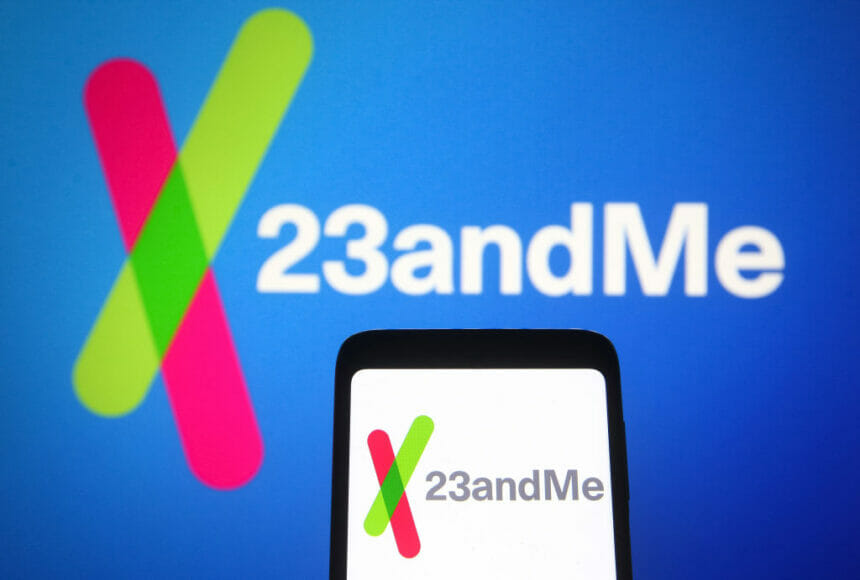Genetic testing company 23andMe, which developed the popular at-home test that can reveal your ancestry, is embarking on an initiative to raise awareness about sickle cell carrier status.
As part of the campaign, 23andMe is partnering with Morehouse School of Medicine, a Historically Black Medical College, and the Sickle Cell Foundation of Georgia to launch the Sickle Cell Carrier Status Awareness program, the company announced Tuesday.
Through the collaboration, 23andMe will provide free Health+Ancestry DNA kits to Morehouse students, faculty and staff with the goal of giving people a chance to explore their genetic profile and ancestry.
In particular, 23andMe’s genetic test can provide reports on certain conditions that disproportionately affect Black people, like sickle cell anemia.
Joyce Tung, VP of research at 23andMe, emphasized in a statement that the goal is to “empower people through access to their genetic data,” which allows them to make better decisions about their health.
“In addition to educating more people on their carrier status, genetic health risks and potential risks for family members, we believe this collaboration can contribute to more equitable research in, and product development for, groups of non-European ancestry,” Tung continued.
Sickle cell disease is a genetic disorder that has plagued the Black community in the U.S. for decades. About one in 13 Black babies are born with sickle cell disease, according to the Centers for Disease Control and Prevention.
Sickle cell disease is an encompassing term for a group of disorders that affect red blood cells and involves abnormal hemoglobin. People with the disease experience a shortage of red blood cells, which can lead to pain, infection, stroke and other health issues.
Since sickle cell disease is inherited and present at birth, 23andMe developed a Sickle Cell Anemia Carrier Status report test that can test for the HbS variant in the Hemoglobin Subunit Beta gene, which is present in various versions of the disease, including sickle cell anemia.
This is 23andMe’s latest campaign to raise awareness about its genetic testing and health report capabilities.
In 2021, the company launched a campaign with creative agency Deutsch LA to encourage people to get DNA tests – noting that 80% of people can get meaningful health information from such an exam.
Research has shown that despite an increase in the use of genetic testing in the healthcare system, as well as its incorporation into clinical practice to help identify potential health issues earlier, significant disparities remain regarding who has access to the tests.
A study published in The Lancet last year found that there are “significant inequalities in access to genetic counseling and testing,” and that minority populations were “less likely to receive a referral for genetic testing.”
For example, Black men with prostate cancer are less likely to receive proper genomic profiling earlier in their diagnosis and treatment, compared to white men with prostate cancer.
Herman Taylor, endowed professor and director of the Cardiovascular Research Institute at Morehouse School of Medicine, pointed to those disparities as being a driver behind the initiative.
The collaboration, he noted in a statement, “offers the potential for impact at scale.”
“Working together, we have the opportunity to share scientific and health insights for diseases that impact those in the Black and African American community at higher rates, allowing individuals to address health risks early and prevent disease,” he said.








